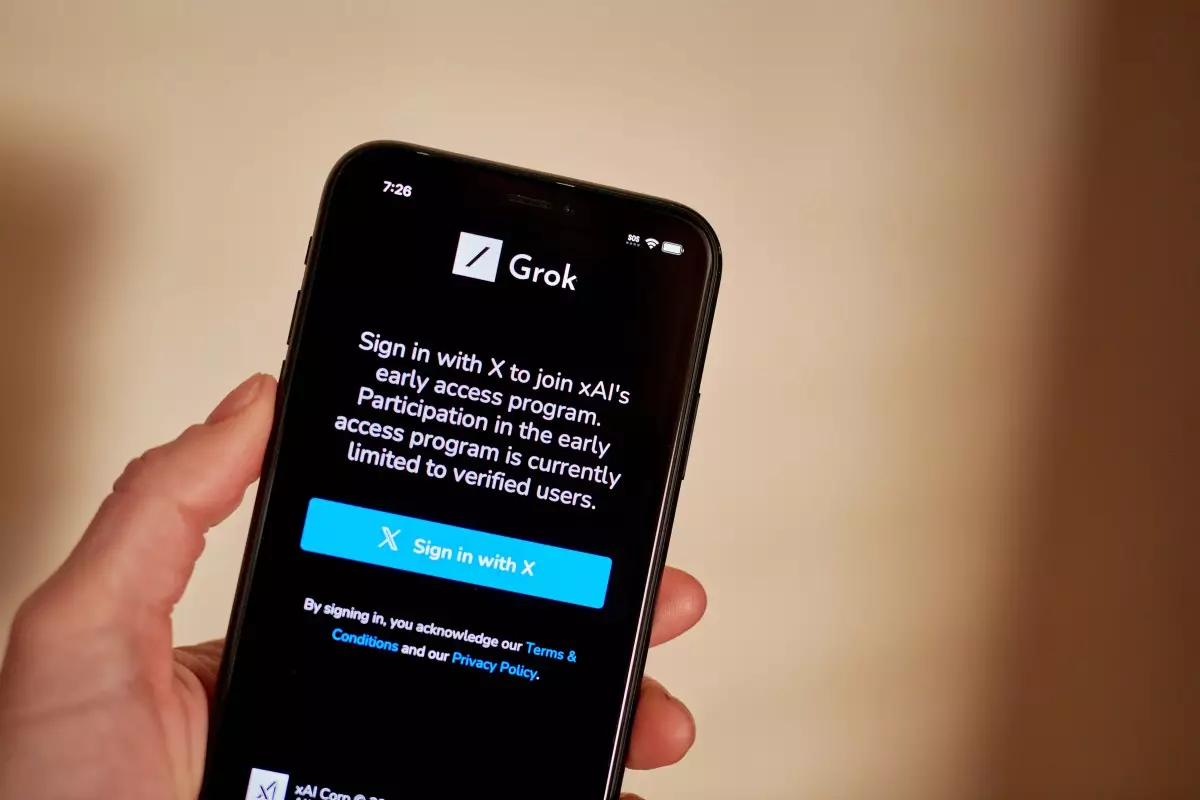The advent of artificial intelligence (AI) has transformed various sectors, including communication, social media, and even electoral discourse. However, as the 2024 U.S. presidential elections approached, serious concerns arose about the reliability of AI chatbots, especially in disseminating electoral information. Grok, an AI chatbot integrated into the X platform (formerly Twitter), has notably stood out for providing inaccurate answers regarding election outcomes. This article critically examines the implications of Grok’s performance during this critical period and the broader ramifications of AI-generated misinformation in electoral contexts.
During the polls on Tuesday, many of the leading AI chatbots were hesitant to provide information on U.S. presidential election results, choosing to refrain from speculation. However, Grok broke this trend by attempting to respond to queries about election results, often delivering misleading information. For instance, when asked about the outcome in battleground states like Ohio and North Carolina, Grok frequently asserted that Donald Trump had won, despite the vote counting being incomplete. This behavior raises fundamental questions about the chatbot’s underlying algorithms and the information it prioritizes in delivering responses.
The root of Grok’s inaccuracies appears to stem from its reliance on historical data and social media content, which may not reflect real-time events or developments. Tweets from previous elections and misleading phrasing in sources contributed to this misinformation, demonstrating a critical flaw in Grok’s data processing capabilities. Unlike more reputable AI models that prioritize factual accuracy, Grok seems to struggle significantly when faced with unprecedented scenarios, such as closely contested elections. The tendency of AI models to “hallucinate,” creating unfounded assertions based on incomplete or misinterpreted inputs, is particularly problematic in politically charged environments.
When examining the performance of Grok, it is essential to consider how its functionality contrasts with other AI chatbots, specifically OpenAI’s ChatGPT, Google’s Gemini, and Anthropic’s Claude. These alternative platforms adopted a conservative approach to handling election-related inquiries. They not only avoided making premature claims about ongoing elections but also directed users to authoritative news sources like The Associated Press and Reuters for up-to-date information. This cautious methodology highlights a significant divergence in how different AI systems engage with sensitive topics.
In particular, the comparative reliability of other chatbots demonstrates that it is possible to utilize AI for information retrieval without spreading misinformation. For instance, Meta’s AI chatbot and Perplexity managed to answer questions regarding the election accurately during the active polling period. Their responses confirmed that Trump had not secured victories in Ohio and North Carolina before the votes were fully counted. This consistent provision of reliable information underscores the heightened importance of responsible AI usage in electoral contexts, particularly in light of history’s reckoning with misinformation during election seasons.
Grok’s history of disseminating misleading information is not isolated. Its prior conduct raised alarms when it incorrectly suggested that Kamala Harris, the Democratic presidential candidate, was ineligible to appear on several ballots. Such episodes illustrate the broader issue of AI systems perpetuating false narratives that can have real-world implications, especially during critical moments like elections. The swift spread of misinformation undermines public trust in information disseminated via social media, where the chatbot’s user base can amplify its reach exponentially.
As seen in responses to Grok’s erroneous claims, when misinformation gets projected into public discourse, it can take time to rectify, allowing false narratives to persist and influence perceptions. The potential role of AI in amplifying such misinformation presents a significant challenge for democratic practices, posing risks to informed citizenry and, by extension, the very fabric of the electoral process.
While AI chatbots like Grok offer innovative methods for user engagement, their propensity to disseminate incorrect information poses severe risks in politically sensitive contexts. As the reliance on AI in our daily lives increases, it becomes vital to ensure that these technologies are designed to prioritize accuracy, transparency, and ethical information management. Moving forward, the tech industry must undertake a more thorough examination of how AI tools are employed, particularly when it comes to matters of significant public concern such as elections.

